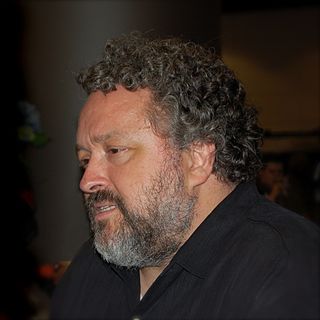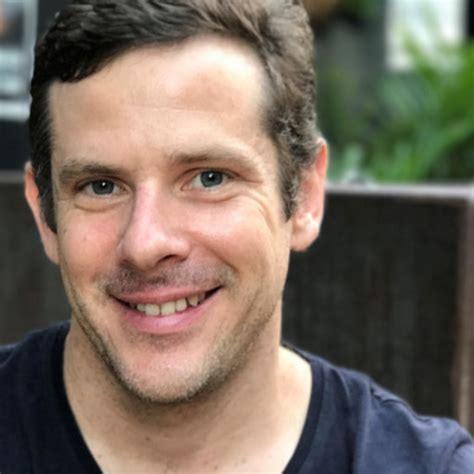A Quote by Rebecca Goldstein
If we don't understand our tools, then there is a danger we will become the tool of our tools. We think of ourselves as Google's customers, but really we're its products.
Related Quotes
We have always dovetailed our cognition to our tools, but when our tools start dovetailing back, where do I end and where does the tool begin? It is going to be a really Twilight Zonish situation. It is definitely interesting. Once Google is in a blood cell sized device in our brain, do we become part Google? There are certainly interesting things to think about and provocative questions, but I don't think those provocative questions are going to do anything to slow down the onset of these technologies arriving and becoming even more pervasive.
There is a race between the increasing complexity of the systems we build and our ability to develop intellectual tools for understanding their complexity. If the race is won by our tools, then systems will eventually become easier to use and more reliable. If not, they will continue to become harder to use and less reliable for all but a relatively small set of common tasks. Given how hard thinking is, if those intellectual tools are to succeed, they will have to substitute calculation for thought.
We humans have indeed always been adept at dovetailing our minds and skills to the shape of our current tools and aids. But when those tools and aids start dovetailing back - when our technologies actively, automatically, and continually tailor themselves to us, just as we do to them - then the line between tool and user becomes flimsy indeed.
At the end of the day, customer choice is essential. And we don't make products that compete with Apple, nor make products that compete with Google. Our customers come in both iOS and Android flavors, and I hope our customers can still buy the products they want to purchase wherever they want to purchase them.
Tools may be animate as well as inanimate; for instance, a ship's captain uses a lifeless rudder, but a living man for watch; for a servant is, from the point of view of his craft, categorized as one of its tools. So any piece of property can be regarded as a tool enabling a man to live, and his property is an assemblage of such tools; a slave is a sort of living piece of property; and like any other servant is a tool in charge of other tools.







































